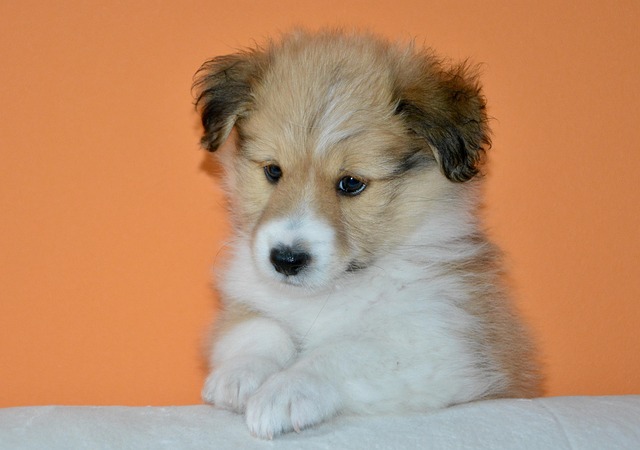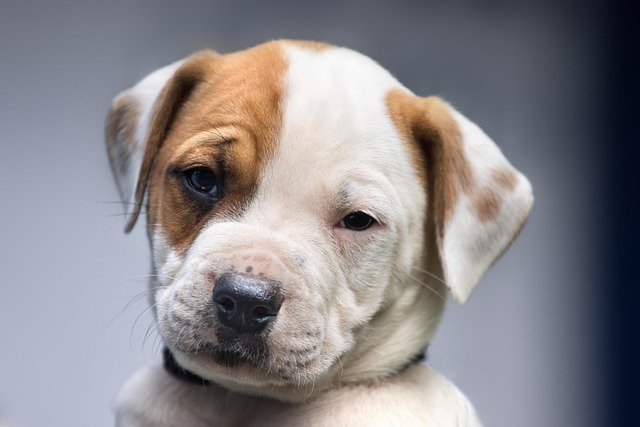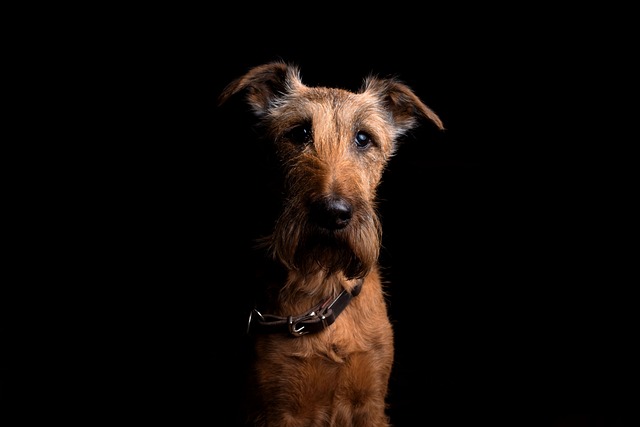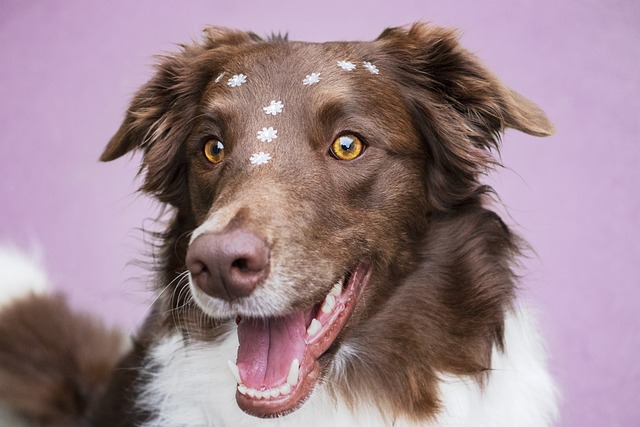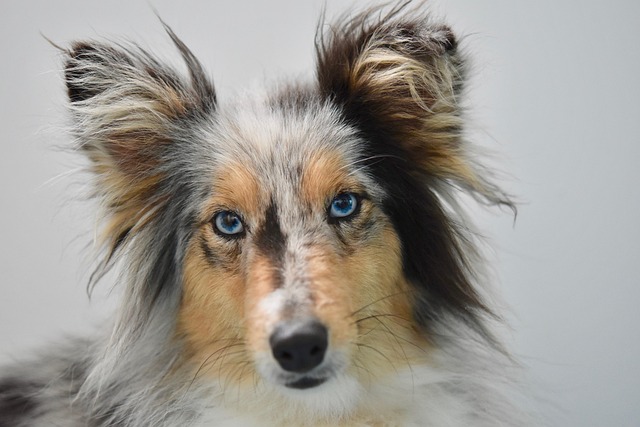Kennel cough, an infectious respiratory disease, poses a considerable threat to dogs' health. To reduce the risk of dogs getting infected with kennel cough, many owners choose to vaccinate their dogs against it. However, after a dog is vaccinated, a crucial question arises: how long should the dog be isolated after receiving the kennel cough vaccine?
Kennel cough, medically known as canine infectious tracheobronchitis, is a respiratory disease caused by multiple pathogens and is highly contagious. Especially in places where dogs are densely populated, such as veterinary clinics, kennels, and pet stores, kennel cough can spread easily. Affected dogs may show symptoms like coughing, sneezing, and runny nose. In severe cases, it can even affect the dog's breathing, having a great impact on the dog's health and quality of life. Vaccination against kennel cough is one of the effective measures to prevent this disease. The vaccine can stimulate the dog's immune system to produce antibodies, so that when the dog comes into contact with the pathogens of kennel cough, it can play an immune defense role and reduce the chance of the dog getting infected.
So, why does a dog need to be isolated after being vaccinated against kennel cough? This is mainly because after vaccination, the dog's body needs a certain amount of time to generate an immune response and establish effective immune protection. During this process, the dog's immune system is in a relatively active state, and the body may experience some mild discomfort reactions, such as listlessness, loss of appetite, and low fever. At this time, the dog's resistance is relatively weak, and if it comes into contact with pathogens in the external environment, it is more likely to get infected. Moreover, the vaccine itself is composed of weakened or inactivated pathogens. Although it will not cause the disease, in the short term after the dog is vaccinated, the pathogens in the vaccine may trigger a certain immune response in the dog's body, which also increases the dog's susceptibility to external pathogens. Therefore, in order for the dog to complete the immune response smoothly and reduce the risk of getting infected with other diseases, isolation is very necessary.
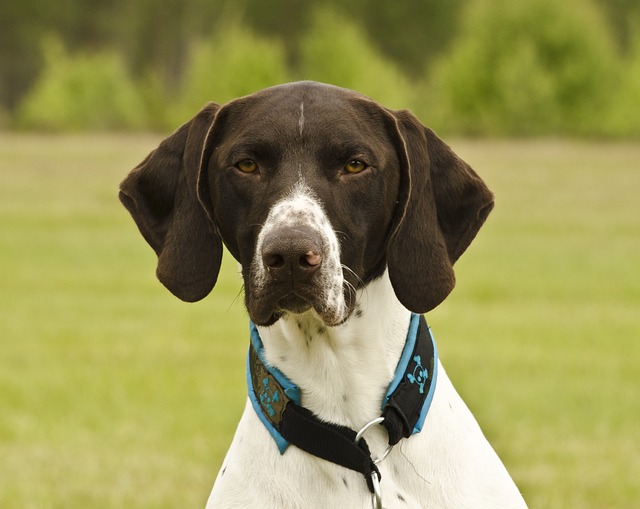 Generally speaking, after a dog is vaccinated against kennel cough, it is recommended to isolate the dog for 7 to 14 days. During this 7 to 14-day isolation period, the dog can be in a relatively safe and clean environment, allowing its body to fully adapt to the vaccine, produce enough antibodies, and thus establish effective immune protection. In the first few days of isolation, the dog may seem in low spirits due to the discomfort after vaccination. As owners, we should give the dog more love and patience. We can prepare a warm, quiet, and comfortable resting space for the dog so that it can have a good rest. At the same time, closely monitor the dog's physical condition and observe whether the dog has abnormal symptoms such as fever, coughing, vomiting, or diarrhea. If the dog shows more serious discomfort symptoms, such as persistent high fever, severe vomiting, or diarrhea, be sure to take the dog to see a veterinarian in a timely manner so that the veterinarian can diagnose and treat it promptly.
Generally speaking, after a dog is vaccinated against kennel cough, it is recommended to isolate the dog for 7 to 14 days. During this 7 to 14-day isolation period, the dog can be in a relatively safe and clean environment, allowing its body to fully adapt to the vaccine, produce enough antibodies, and thus establish effective immune protection. In the first few days of isolation, the dog may seem in low spirits due to the discomfort after vaccination. As owners, we should give the dog more love and patience. We can prepare a warm, quiet, and comfortable resting space for the dog so that it can have a good rest. At the same time, closely monitor the dog's physical condition and observe whether the dog has abnormal symptoms such as fever, coughing, vomiting, or diarrhea. If the dog shows more serious discomfort symptoms, such as persistent high fever, severe vomiting, or diarrhea, be sure to take the dog to see a veterinarian in a timely manner so that the veterinarian can diagnose and treat it promptly.
During the isolation period, the dog's diet also requires special attention. After vaccination, the dog's appetite may be affected to some extent. At this time, we can prepare some of the dog's favorite, nutritious, and easily digestible foods, such as canned food and wet food. At the same time, ensure that the dog has sufficient drinking water to maintain the body's water balance. A proper diet can provide the dog with enough nutrients and energy, which is helpful for the dog's physical recovery and the normal progress of the immune response.
In addition to paying attention to the dog's physical condition and diet, during the isolation period, we can also give the dog emotional support and comfort through gentle strokes, soft words, and other means. Letting the dog feel the owner's care and company can help the dog relieve the discomfort and tension after vaccination. Although the dog cannot go out to play as usual during the isolation period, we can play some simple interactive games with the dog indoors, such as throwing a ball or playing with a frisbee. This can not only allow the dog to exercise appropriately but also enhance the relationship between us and the dog.
When the isolation period is over, the dog's body has basically completed the immune response and produced enough antibodies. At this time, the dog can gradually return to its normal life. We can take the dog out for walks and socialize, allowing the dog to reintegrate into its familiar living environment. However, it should be noted that even if the dog is vaccinated, the possibility of getting infected with kennel cough cannot be completely ruled out. Therefore, in daily life, we still need to pay attention to the dog's health management, keep the dog's living environment clean and hygienic, and regularly take the dog to the veterinary clinic for physical examinations to ensure the dog's health.
The isolation period after a dog is vaccinated against kennel cough is a crucial period for the dog to establish immune protection. As dog owners, we should fully recognize the importance of isolation and give the dog careful care and love. Through reasonable isolation and meticulous care, we can help the dog get through this period smoothly and grow up healthily and happily. Every effort to protect the dog's health reflects our deep love for the dog, and the dog will also give us the warmest response with its loyalty and company.
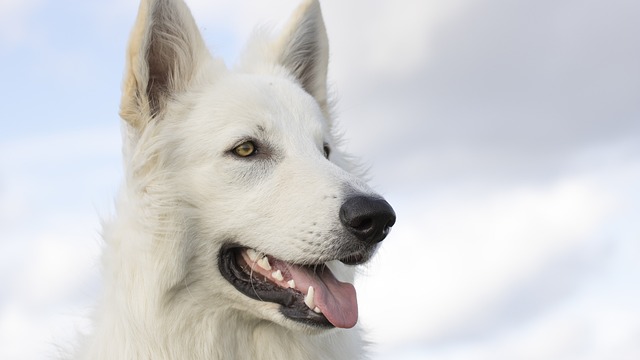
 Generally speaking, after a dog is vaccinated against kennel cough, it is recommended to isolate the dog for 7 to 14 days. During this 7 to 14-day isolation period, the dog can be in a relatively safe and clean environment, allowing its body to fully adapt to the vaccine, produce enough antibodies, and thus establish effective immune protection. In the first few days of isolation, the dog may seem in low spirits due to the discomfort after vaccination. As owners, we should give the dog more love and patience. We can prepare a warm, quiet, and comfortable resting space for the dog so that it can have a good rest. At the same time, closely monitor the dog's physical condition and observe whether the dog has abnormal symptoms such as fever, coughing, vomiting, or diarrhea. If the dog shows more serious discomfort symptoms, such as persistent high fever, severe vomiting, or diarrhea, be sure to take the dog to see a veterinarian in a timely manner so that the veterinarian can diagnose and treat it promptly.
Generally speaking, after a dog is vaccinated against kennel cough, it is recommended to isolate the dog for 7 to 14 days. During this 7 to 14-day isolation period, the dog can be in a relatively safe and clean environment, allowing its body to fully adapt to the vaccine, produce enough antibodies, and thus establish effective immune protection. In the first few days of isolation, the dog may seem in low spirits due to the discomfort after vaccination. As owners, we should give the dog more love and patience. We can prepare a warm, quiet, and comfortable resting space for the dog so that it can have a good rest. At the same time, closely monitor the dog's physical condition and observe whether the dog has abnormal symptoms such as fever, coughing, vomiting, or diarrhea. If the dog shows more serious discomfort symptoms, such as persistent high fever, severe vomiting, or diarrhea, be sure to take the dog to see a veterinarian in a timely manner so that the veterinarian can diagnose and treat it promptly.